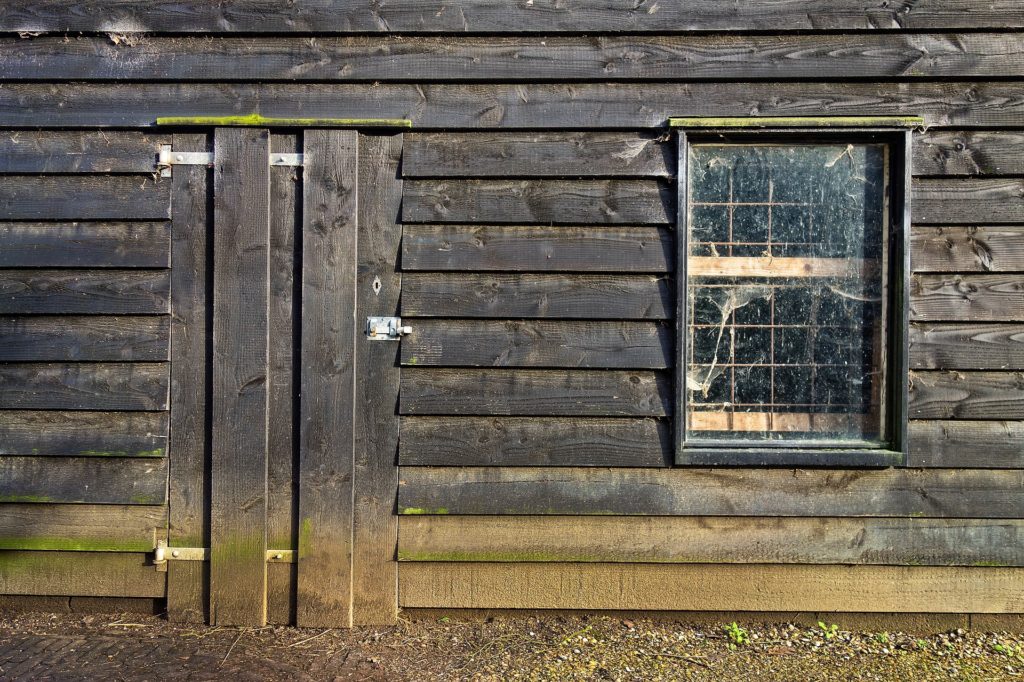Through a “Letter from Italy“ from a son to his faraway mother, Matilde tells us about the sad reality of the exploitation of migrants in the fields, where they are often deprived of their documents and treated as slaves. The letter ends with a bitter hope: that the need for food during the Covid-19 pandemic will finally bring some form of attention and protection for the migrant workers.
Here is an extract from the story:
The employer put me and my friends in a van and drove us to what was supposed to be our “home”: we travelled through completely isolated areas, nothing but dry trees and meadows that burnt by the heat. As I was looking out of the window, in the distance, I saw some shacks and as we got closer I realised how many there were. Once we arrived, the employer stopped the car and said: ‘Here we are, from today you will live here.’ I was very curious to find out where I was going to sleep. But I would have never imagined a place like this.
MATILDE MELONI, Liceo Scientifico Statale “Vittorio Veneto”, Milano
Writing Does Not Go Into Exile – Centro Astalli’s literary contest
Thousands of high school students from 15 Italian cities participated in Centro Astalli – JRS Italy’s writing contest “La scrittura non va in esilio” (Writing Does Not Go Into Exile), part of the educational project CHANGE.
The expert jury, made up of writers, journalists, and representatives of international organisations chose the winners: all young students, who wrote about migration from different perspectives.
Italian version
UUn posto che non avrei mai pensato di chiamare casa
Attraverso una “Lettera dall’Italia” da parte di un figlio alla sua madre lontana, Matilde ci racconta la triste realtà dello sfruttamento dei migranti nei campi, dove spesso vengono privati dei loro documenti e trattati come schiavi. La lettera si conclude con un’amara speranza: che il bisogno di cibo durante la pandemia di Covid-19 porti finalmente una qualche forma di attenzione e di protezione per i lavoratori migranti.
Ecco un estratto della storia:
“Il datore di lavoro ha fatto salire su un camioncino me e i miei amici e ci ha portati verso quella che sarebbe dovuta essere la nostra “casa”: abbiamo attraversato zone completamente isolate, il nulla, vedevo solo alberi secchi e distese di prati bruciati perché faceva molto caldo. Mentre stavo guardando fuori dal finestrino, in ontananza, ho visto delle baracche e man mano che ci avvicinavamo mi rendevo conto di quante ce ne fossero. Una volta arrivati, il datore di lavoro ha fermato la macchina e ha detto: «Eccoci, da oggi vivrete qui». Io ero molto curioso di scoprire dove avrei dormito, ma non avrei mai immaginato un posto del genere. “
MATILDE MELONI, Liceo Scientifico Statale “Vittorio Veneto”, Milano
“La scrittura non va in esilio” – Il concorso letterario del Centro Astalli
Migliaia di studenti delle scuole superiori di 15 città italiane hanno partecipato al concorso “La scrittura non va in esilio” organizzato dal Centro Astalli come parte del progetto educativo CHANGE.
La giuria di esperti, composta da scrittori, giornalisti e rappresentanti di organizzazioni internazionali, ha scelto i vincitori, tutti giovani studenti che hanno scritto di migrazione da diverse prospettive.

